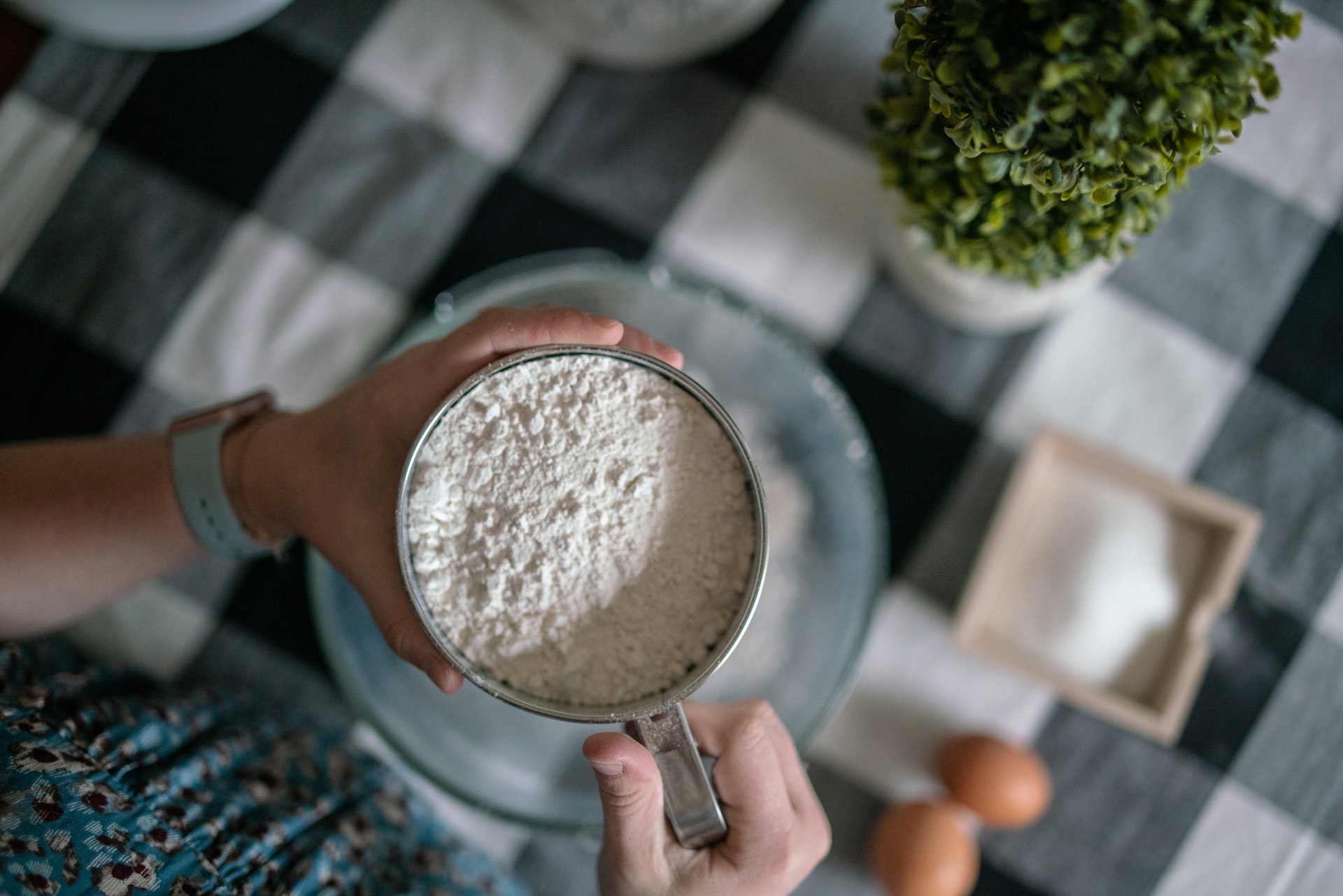Menu
Improve Your Training Performance

Why Vitamin C Will Improve Your Wellness and Training Performance
Vitamin C is an essential vitamin for your body. Not only does it help to improve your immunity, but it also plays a crucial role in improving training performance and recovery time.
In this article, we’ll discuss what vitamin C is, how you can add more vitamin C to your diet, and why it is so essential for athletes and those looking to improve their fitness levels.
What Is Vitamin C?
Vitamin C is a water-soluble vitamin that gets stored in the muscles of your body. It’s responsible for many different processes, including collagen production, iron absorption, and energy metabolism.
This vitamin is also known as ascorbic acid, and it’s one of the most common nutrients found in fruits and vegetables.
The body can’t synthesize vitamin C, so make sure to include foods containing sufficient levels of vitamin C in your diet.
Why Is Vitamin C Important For Your Body?
This vitamin is essential in supporting the body because it helps form collagen, which strengthens tissues.
It also plays a role in the production of neurotransmitters responsible for mood regulation and has been shown to help reduce stress levels.
Vitamin C also plays an important role in helping your body absorb iron, which is essential for forming red blood cells.
Many people turn to foods high in vitamin C in flu season, and scientific studies have proven that it supports the immune system. So while it may not prevent you from catching a cold, it may help you recover from one faster.
In addition to these key benefits, vitamin C may have an antioxidant effect on your body by protecting cells from free radical damage. Free radicals are known to contribute to diseases such as cancer and heart disease, and they’re also linked with the aging process.
The Effect Of Vitamin C On Physical Performance
Everybody needs vitamin C, but athletes require even more because they have higher rates of physical activity. So consider increasing the amount of vitamin C you consume during periods when you’re training hard.
Some of the benefits of this vitamin in terms of athletic performance are as follows:
Vigorous exercise, particularly HIIT style training, increases levels of cortisol in the body.
This can make it harder for you to lose fat and gain muscle. Vitamin C can help to reduce the levels of cortisol the body produces. Vitamin C plays a vital role in maintaining healthy connective tissue.
This helps to prevent injury as well as repair micro-tears in the muscles caused by exertion and reduce muscle soreness after exercise.
Everyone knows that exercise is vital for living a healthy lifestyle, but overtraining causes stress on the body, affecting your immune system. Vitamin C counteracts this adverse effect, helping you to ward off infections and viruses, which will interrupt your training.
How Much Vitamin C Do You Need?
The recommended daily allowance for vitamin C is 75mg for adult women and 90mg for adult men. However, the RDA doesn’t take into account that some people have higher rates of physical activity.
Suppose you train intensely and frequently, especially if you’re an athlete or a fitness enthusiast with a physically demanding job. In that case, you need to consume more than the RDA to meet your body’s increased demand. Nutrition experts recommend that highly active people take at least 100-250mg of vitamin C per day. Athletes may even want to increase this amount up until the maximum intake of 2000mg per day.
The Best Sources of Vitamin
It’s important to include plenty of foods containing high levels of vitamin C in your diet, even if you’re taking a supplement.
Foods Rich In Vitamin C Include:
Berries
Papaya
Kiwi fruit
Strawberries
Broccoli
Capsicum
Kale
Keep in mind that the vitamin C content of foods will decrease if you cook them, so make sure you include some raw fruits and vegetables. Should You Take a Vitamin C Supplement?
Vitamin C is one of the most widely available vitamins on the market, so you have plenty of options when it comes to choosing a supplement that best suits your needs. If you have trouble eating enough fruits and vegetables daily or you’re training hard and cannot reach your personal recommended daily allowance through your regular diet, then a supplement may benefit you.
However, it’s still important to focus on your diet and aim to get most of your vitamin C through high-quality foods, particularly if you’re trying to maximise your physical performance.
- Filed under: gut-health
Pod+Co
Your Bod Loves Pods.


